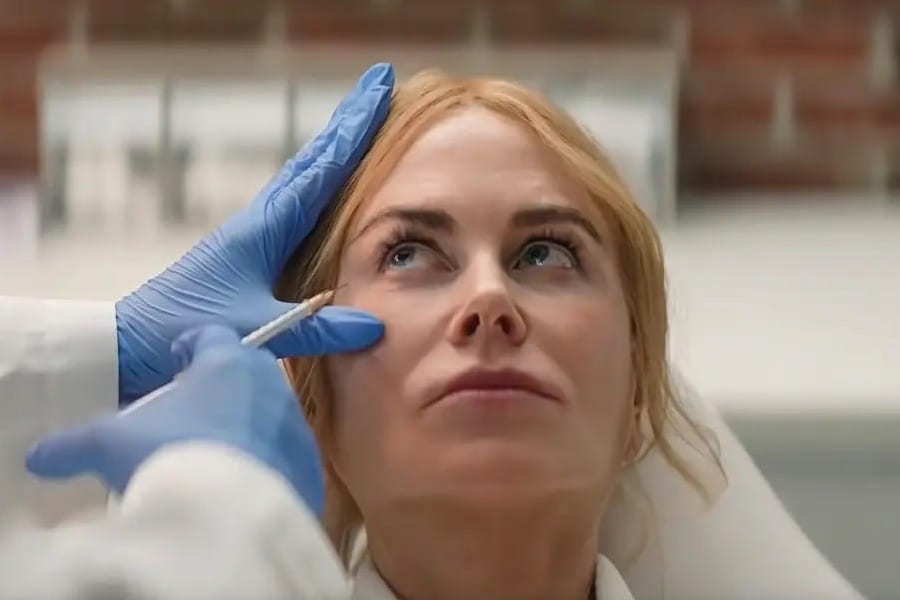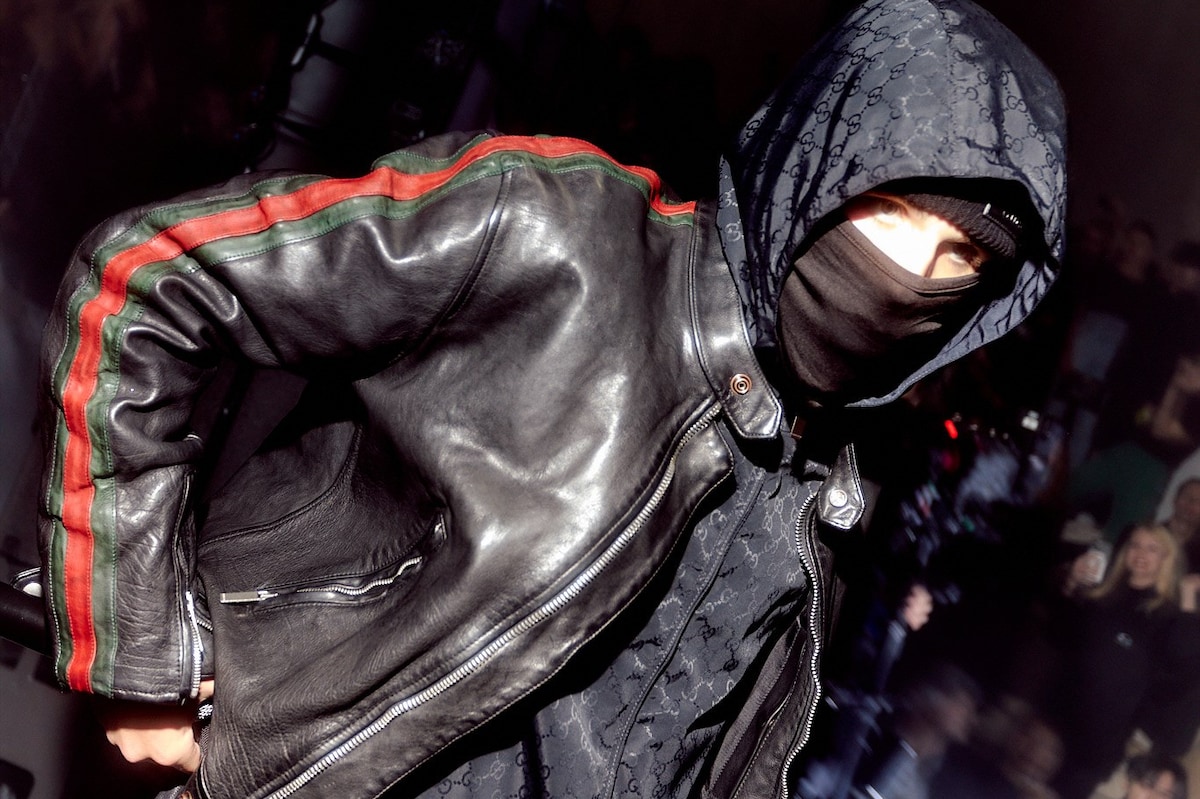“It feels like nothing is holding me back now, finally,” says 24-year-old Kristen* from Ohio. A social worker in a children’s hospital, she’s recently been eyeing an upward career move. Earlier this year, she had a nose job to achieve that goal. “My insecurity was to the point that I would dread meeting people for the first time because I thought they would just focus on my nose,” she explains. Kristen admits that getting a rhinoplasty was something she thought about “constantly”, to the point where it became “a very unhealthy obsession for me”.
Singers and actors undergoing the knife to aid their careers is nothing new – since the 50s and 60s, Hollywood starlets had nose jobs and jaw surgeries to prepare for the big screen. Dirty Dancing actress Jennifer Grey, who got a nose job at 29, wrote in her 2022 memoir that it was “standard…to change your nose so you could be an actor.” Blondie singer Debbie Harry recently spoke to Vanity Fair about how the procedures she’d had felt necessary. “I wanted to work, and so much of women being attractive, and being a selling point, is clearly showbiz. If you’re going to be in the business, be in it.” She added: “It’s always been a tool for me.”
But now these ideas are trickling down to the average person, most of whom don’t work in entertainment. Thanks to remote working, for the last few years we’ve had to stare at (and analyse) our faces constantly, leading to a rise in Zoom dysmorphia. Meanwhile, the image of the girlboss – polished, manicured and wrinkle-free – still looms in various industries, driving the idea that to be successful, you need to look a certain way. Post-nose job, Kristen is now pursuing an MBA, “because I can actually imagine myself as a leader now. I feel like it’s the best decision I’ve ever made for myself.”
Jasmine, who is 28 and from California, had similar motivations. She describes her own nose job as “an investment for my future, because we do live in a world where beauty is currency.” She’s currently in grad school, working towards a PhD in psychology. “Whether it has affected my career prospects, I don’t know yet, [but] I do feel like this procedure will pay for itself in the years to come.” Like Kristen, she struggled with insecurities around her nose and knew peers from college who’d had the same surgery. Now, she says, she’s happy with the results and feels more confident.
For celebrities, pressure to alter their looks is amplified by industries built on image. From the pages of tabloids and gossip magazines like Heat to the Instagram and TikTok accounts that pick apart every perceived change in someone’s appearance, the faces of the famous are constantly scrutinised. Would Kylie Jenner or Bella Hadid have secured the most lucrative brand deals they now do without cosmetic interventions? It’s impossible to know. But from the sheer number of celebrities undergoing tweakments and procedures, it’s clear there is a strong belief in Hollywood that they wouldn’t have.
As these cosmetic procedures become more normalised and ubiquitous, it’s starting to influence even those of us who don’t work in front of a camera. And surgeons are tapping into career anxiety to market their services. “Did you know that plastic surgery can open doors to enhance your career?” reads one ad. Another says: “Imagine freeing up all that mental space in your mind to get better at what you do, better at your job.” The messaging often leans on vague promises like “grow your network” and “free up your time and energy”.
For those who think cosmetic surgery will bring instant confidence to the boardroom as well as in their personal lives, it’s not guaranteed.
Although it seems like a grim idea, there is some truth to it. Research has suggested that conventional beauty does (sort of) pay. A study from 2015 found that physically attractive people earned 15 per cent more than plainer colleagues, while a 2020 research paper linked greater height with higher salaries: for each additional centimetre, annual income rose by 1.3 per cent. Ageism also plays a role – in some fields, age signals wisdom and experience, yet in others it may suggest being out of touch. A 2024 paper references a facelift patient who worked in communications who said that the procedure bought her “another 10 years” in her career. “I do not look old anymore and will not be pushed into retirement,” she claimed. In South Korea, double eyelid surgery is a frequent graduation gift for young women by their parents, as it’s believed to bring career success.
Much of this is underpinned by neoliberalism’s fixation on self-optimisation. In our culture of constant self-commodification, we have become the product, and cosmetic surgery is the natural extension of that logic. But for those who think cosmetic surgery will bring instant confidence to the boardroom as well as in their personal lives, it’s not guaranteed. Studies are mixed when it comes to determining whether beauty services bring long-term confidence or greater self-esteem at all. For anyone struggling with body dysmorphia, cosmetic surgery unfortunately won’t be effective in changing how they feel about their appearance.
Right now, the UK job market is cooling off, and in such an uncertain climate, it’s not surprising that some people turn to what might seem like extreme measures in an effort to regain control. Kristen and Jasmine are pleased with the results of their surgeries, but whether it will bring any long-term career benefits to them is almost impossible to measure. What is clear, though, is that we live in a time where the playing field is far from level. Success isn’t only about talent or hard work – it’s shaped by a tangled mix of appearance, wealth and access. And in a world that treats beauty as currency, it’s no wonder that people are willing to pay the price.



